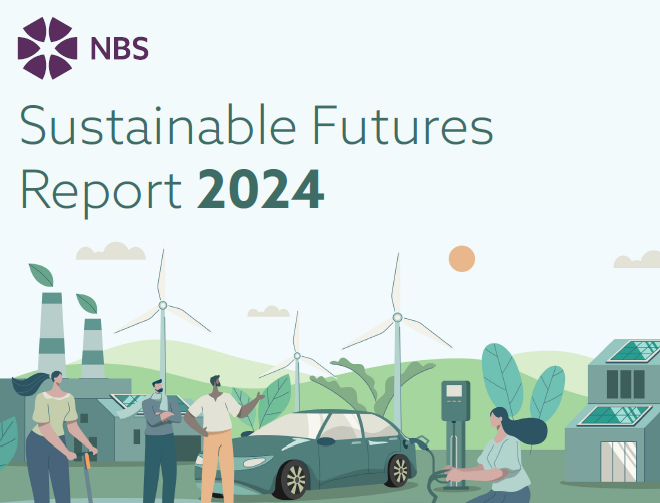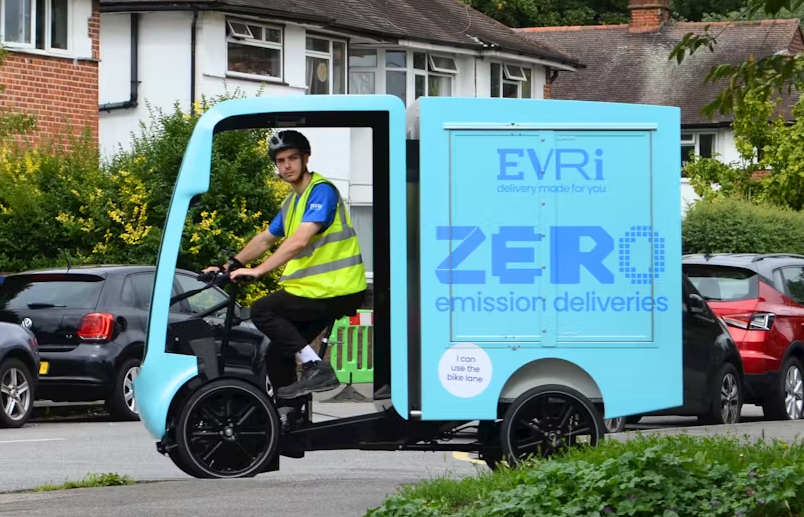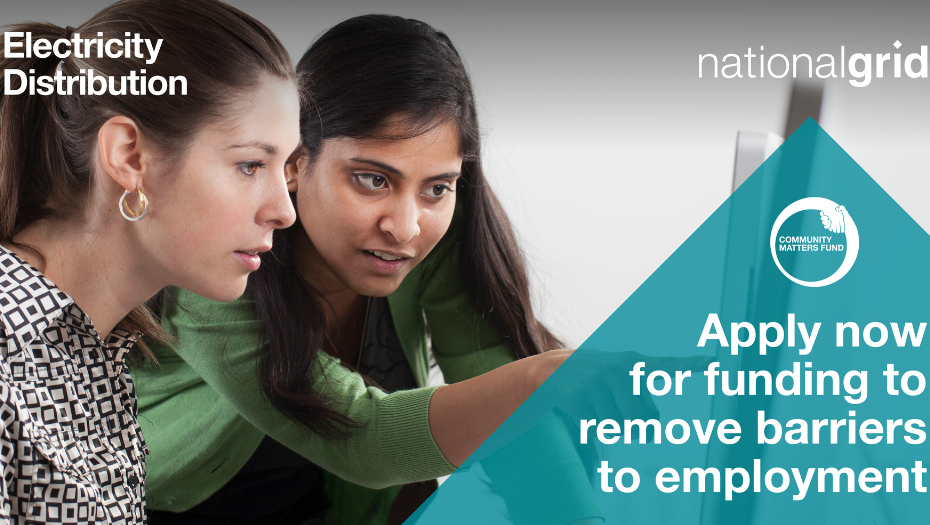Rising costs and a lack of interest and commitment among clients and management are the main barriers to implementing sustainability measures in the UK construction industry, a survey has found.
The survey of 568 construction professionals, including architects, engineers and suppliers, found that rising costs is the biggest barrier to achieving sustainability, cited by just under two thirds of respondents.
Lack of client demand is another, mentioned by half, while just under one in six cite “lack of management commitment to sustainability".
Other barriers include lack of government policy and regulation, mentioned by more than two thirds.
Complexity of sustainability processes is cited as a barrier by a third, while around quarter say there are limited people in the sector with sustainability skills and experience.
Lack of time to develop and implement sustainable strategies is mentioned by just over a fifth.
The findings have been revealed in the NBS Sustainable Futures Report 2024, which has been published in Association with Glenigan and the Royal Institute of British Architects (RIBA).
“Material price inflation has been extremely high for many products, and this has only started to come down in the last few months,” states the report.
“While this has affected products that might not be deemed sustainable, the overall pressure on project budgets and margins may well have led to people making decisions that are as cost-effective and simple as possible – rather than researching lesser-known alternatives, which might be more sustainable.
The survey also found widespread support for green issues in the sector among respondents, with nine in ten say environmental sustainability is “important”, with over half saying it is “very important”.
Eight in ten says social sustainability and economic sustainability are important.
“There has been little change in these views over the last ten years, with minor fluctuations in the results. But essentially, the majority have continued to see all types of sustainability as important,” states the report.
Creating sustainable communities and adding social value to areas are seen as an increasingly important outcome of the work of the construction industry, the survey has also found.
Sustainable communities and social value have risen from the seventh highest ranked sustainable outcome to the fifth highest.
The top four priority sustainable outcomes have remained the same over the last three years. Net zero operational carbon is once again the top ranked outcome, following by good health and wellbeing, sustainable land use and biodiversity and net zero embodied carbon.
Other priorities include sustainable connectivity and transport, which is ranked eighth.
Meanwhile, sustainable life cycle cost and sustainable water cycle have fallen a place and are now the sixth and seventh ranked outcomes.
Latest News
-
Premier League and Comic Relief partnership aims to improve children’s mental health
-
Russell Hobbs launches food poverty campaign in schools
-
Tottenham Hotspur and charities launch film to tackle mental health stigma
-
Cardfactory funds homelessness charity’s team of psychologists
-
Bingo firm raises £300,000 for the Stroke Association
-
Sainsbury’s links up with Comic Relief for festive recipe campaign
© 2019 Perspective Publishing Privacy & Cookies







Recent Stories